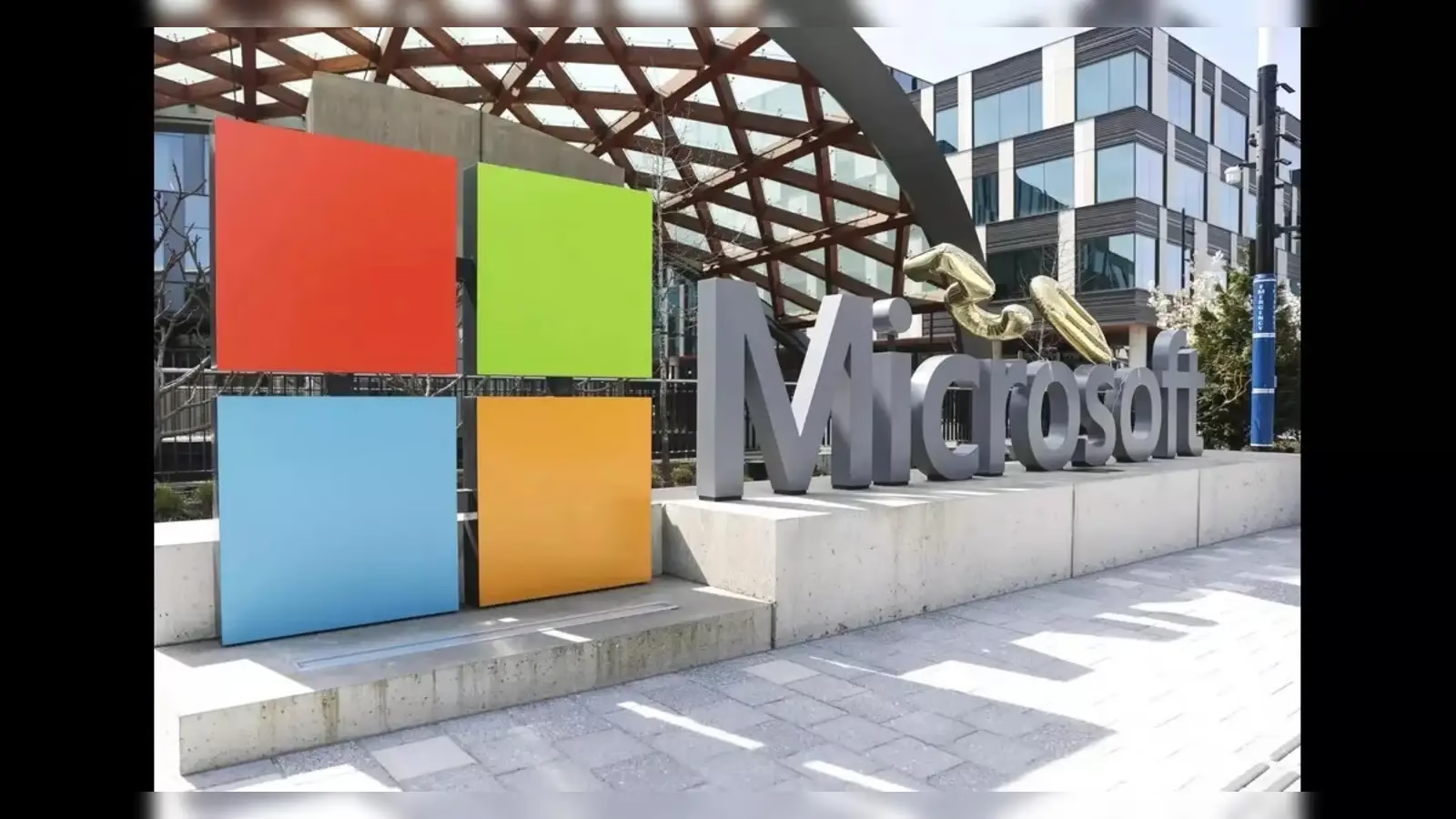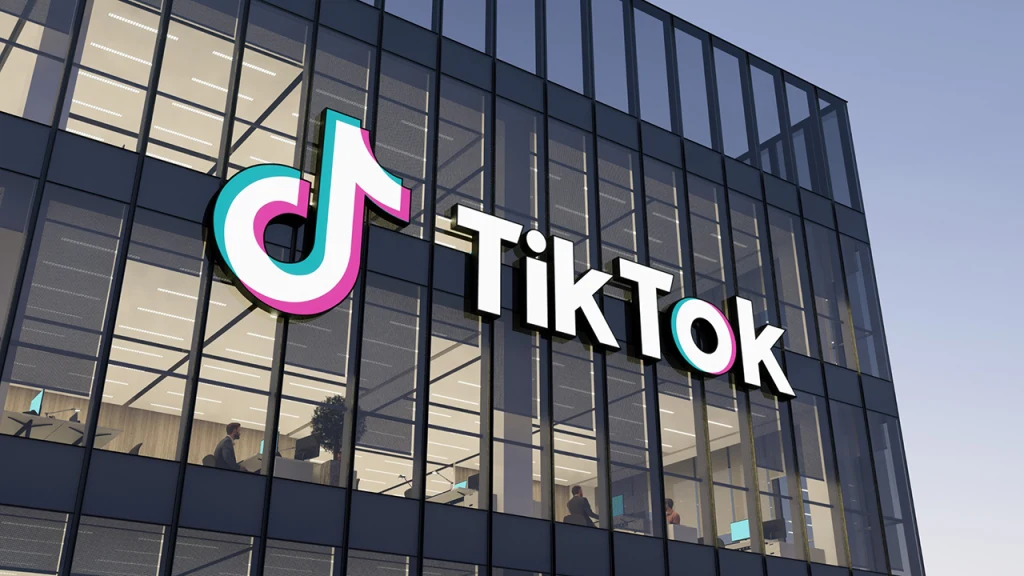Microsoft and the Idaho National Laboratory (INL) have announced a partnership to explore how artificial intelligence can accelerate the preparation of complex documentation required to license new nuclear power plants in the United States.
The collaboration will apply Microsoft’s advanced AI tools to generate engineering and safety analysis reports—essential components of construction permit and operating license applications. These documents often span hundreds of pages and require extensive technical data. By using AI models trained on a vast archive of previously approved applications, the system can compile structured reports quickly and accurately.
“This is a tool for human refinement,” said Nelli Babayan, Microsoft’s AI director for federal civilian business. “A human can review and edit each section as needed—either manually or with further AI assistance.”
The initiative follows President Donald Trump’s executive orders signed in May, aimed at fast-tracking the nuclear permitting process. The administration’s goal is to reduce the licensing timeline from several years to as little as 18 months, responding to the energy demands of rapidly expanding AI data centers.
The AI system could also assist in upgrading existing nuclear power plants. Scott Ferrara, deputy division director for nuclear safety and regulatory research at INL, noted that facilities seeking to increase their output must file a license amendment supported by a detailed evaluation. With data from 82 past upgrade cases already available, AI could quickly draw from this archive to generate amendment requests.
By streamlining the traditionally labor-intensive licensing process, the partnership aims to support the growth of clean energy infrastructure in the U.S. while maintaining rigorous safety standards.



